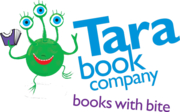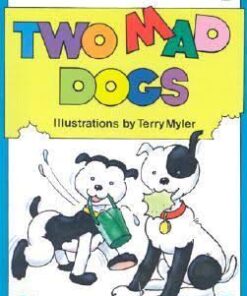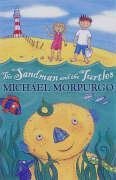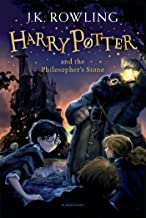Faraway Home
Author: Taylor, M
Reading Age: 11 to 13 Sixth Class
Publisher: O'Brien Press
Illustrator: n/a
ISBN-13: 9780862786434
Number of pages: 224
Product Description
Karl and Rosa’s family watch in horror as Hitler’s troops parade down the streets of their home city — Vienna. It has become very dangerous to be a Jew i... Read more
€9.99 Original price was: €9.99.€9.50Current price is: €9.50.
Sorry, All sold out!

Product Description
Karl and Rosa’s family watch in horror as Hitler’s troops parade down the streets of their home city — Vienna. It has become very dangerous to be a Jew in Austria, and after their uncle is sent to Dachau, Karl and Rosa’s parents decide to send the children out of the country on a Kindertransport, one of the many ships carrying refugee children away from Nazi danger.
Isolated and homesick, Karl ends up in Millisle, a run-down farm in Ards in Northern Ireland, which has become a Jewish refugee centre, while Rosa is fostered by a local family.
Hard work on the farm keeps Karl occupied, although he still waits desperately for any news from home. Then he makes friends with locals Peewee and Wee Billy, and also with the girls from neutral Dublin who come to help on the farm, especially Judy. But Northern Ireland is in the war too, with rationing and air-raid warnings, and, in April 1941 the bombs of the Belfast Blitz bring the reality of war right to their doorstep.
And for Karl and Rosa and the other refugees there is the constant fear that they may never see their parents again.
Based on a true story — there was a refugee farm at Millisle and among its occupants was a young boy called Karl.
Children’s Literature
In 1938, shortly after the Nazis declared their intentions against the Jews with Kristallnacht, Jewish parents in Naziheld countries were forced to make an unconscionable choice. The choice (which was not a choice at all) was to send their children on the socalled Kindertransports, trains that carried infants to seventeenyearolds to safe havens in Great Britain. Ten thousand Jewish children were fostered out or placed in hostels throughout the British Isles, including some sent to a working farm in Northern Ireland. There is an intriguing story in this situation, Jewish children finding safe haven in the unlikely oasis of Protestant Ireland. Karl and his little sister, Rosa, are two of the children who are separated in their new country. Rosa, adorable and young enough to be appealing, is quickly taken in by a wealthy family who showers her with material things, but cannot deal with her homesickness. Karl is sent to a working farm, and it is his adjustment to a new country, culture and language with which readers will more easily identify. Karl carries the additional burden of being old enough to feel responsibility and guilt for the family he left behind in Austria. It is this ‘survivor’s guilt’ which is the most captivating part of Karl’s character. There are, however, some problems with the book. In an effort to acquaint the reader with the progression of events that led to the Nazi’s ascension to power, Taylor resorts to cramming history lessons into the character’s casual conversation. It is not an appealing form of exposition. Also, the character of Judy, Karl’s Irish Jewish girlfriend, is a stereotyped princess who evolves, rather unbelievably, into a good sport and adept farmhandin just a chapter or two. Another problem is the cover art which shows two children who appear, at most, to be age ten. These youngsters couldn’t possibly be the emotionally involved adolescents Taylor describes in her story. Despite these flaws, this is a new chapter of history to be added to World War II study guides, one where the question might be posed, ‘What if this happened to you?’ 1999, O’Brien Press, Ages 10 to 14, $7.95. Reviewer: Lois Rubin Gross
KLIATT
This Irish import offers a fictionalized account of the way some European Jewish refugee children escaped the Holocaust through the Kindertransport project to Northern Ireland. Faithful to the details and events of the time, Taylor is less successful in rendering fiction from her facts; there is a paucity of character development and the plot plows along without thematic tensions explored or motifs expanding it from story line to story. She does provide an accessible version of the dynamic issues faced both by a refugee teen and by an Irish









